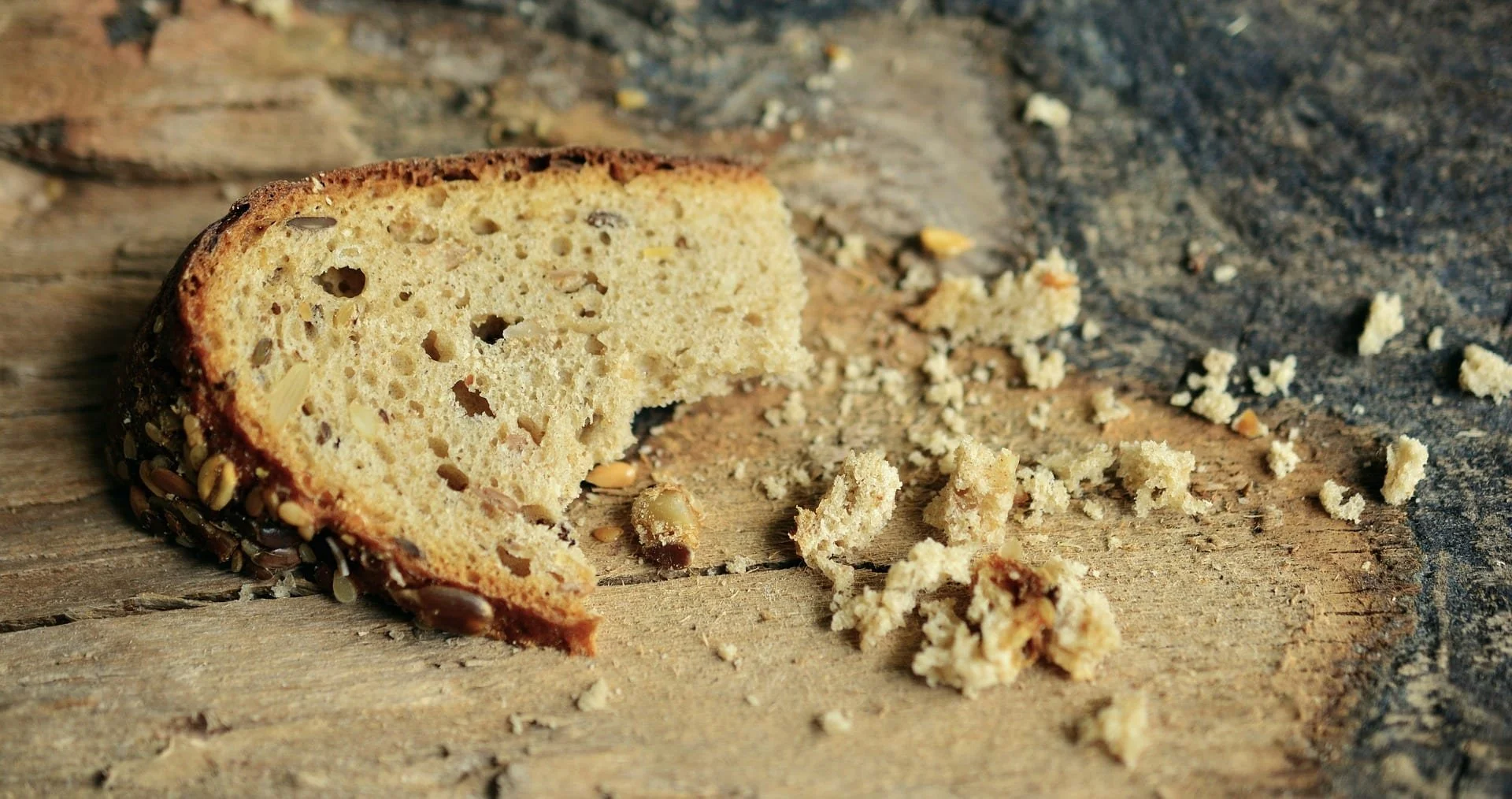
Responding to God's Word
-

Intercessions
One of the first things we do after hearing God's Word preached is to pray together. Leading a congregation in intercessory prayer is one of the most difficult things to do effectively in corporate worship. One of the key components however is to pray that we who have just heard the sermon will respond appropriately to it.
-

Holy Communion (i)
Christian spirituality is intensely physical, so it is no surprise to find that a centre point of Christian worship is focussed on eating and drinking. The whole of Christian history can be marked out with meals. So where does this 'meal' fit in? We begin to grasp the meaning of the bread and wine when we think of how it connects with our past, shapes our present, and anticipates our future.
-

Holy Communion (ii)
The Spirit can work through the Bread and Wine so that the sacrament conveys what it represents. This makes it a powerful moment in a service of Divine worship through which we grow into God's vision for us as an individual disciple, and as a gathering of disciples. Precisely because of that it can be incredibly dangerous. So when can Communion go wrong? And what should we do when it does?
-

Holy Communion (iii)
As we approach the Lord's table we recite together 'the prayer of humble access'. It is a prayer that has been used for centuries, and that captures the resolved tension of being at the same time sinful in ourselves and righteous in Christ. In this session, we begin to explore where this prayer comes from, and what it means to pray it.
-

Holy Communion (iv)
In what way does the Bread and Wine become the Body and Blood of Christ? This is a question that has divided Churches throughout the centuries. In this session we will look at some of the different answers given; but we'll also go beyond it to ask 'Why does it becomes the Body and Blood of Christ?'. What is the Spirit doing here, and how does it shape our experience of discipleship?
-

Prayer after Communion
Taking Communion is not an end in itself. The 'prayer after Communion' shifts our focus from the service, which is beginning to draw to a close, and the life into which we will be sent. How we pray in this transitional moment is critical, and is integral to what the Spirit longs to acheive in us through our worship.
-
Go in peace...
Our service of worship has been about preparing us and training us to live a life of worship. As we sent out of the service we go with God’s blessing. We are commissioned to go back into our lives, our friendships and families, our communities and our work. And our commissioning is to love and serve Christ there. It is to go back different as a result of our having been in a service of Divine Worship.
-

Fellowship
Our faith doesn’t make sense if we try and picture being a Christian in an individualistic way. Discipleship formation takes place in the context of the fellowship of the Church, not just the worship of the Church. We are sent out from our corporate worship, but not from our corporate life. That remains the context in which we can grow in likeness to Jesus.
-

Baptism (i)
The most fundamental response to the Gospel is to repent and be baptised (Acts 2:38). But what does it mean to be baptised? And why does Jesus get baptised? This first session explores the significance of baptism, and then goes on to ask who should get baptised, and how should baptism be administered.
-

Baptism (ii)
This final session of the term works through the liturgy of baptism - both in the early Church and in the Church today; and celebrates Christ's victory over sin, the world and the devil. Every baptism we see is an invitation for us to reflect on our own being baptised, and to reflect on how that is shaping my life of faith and discipleship.
-

Appendix: Infant Baptism & Infant Communion
You don't have to be around Church for a very long time before you realise that the question of who should be baptised and how is fairly contentious. This short series of articles outlines more fully why aat DTP we beleive the Bible is actually pretty clear on the fact that we should baptise our children.
